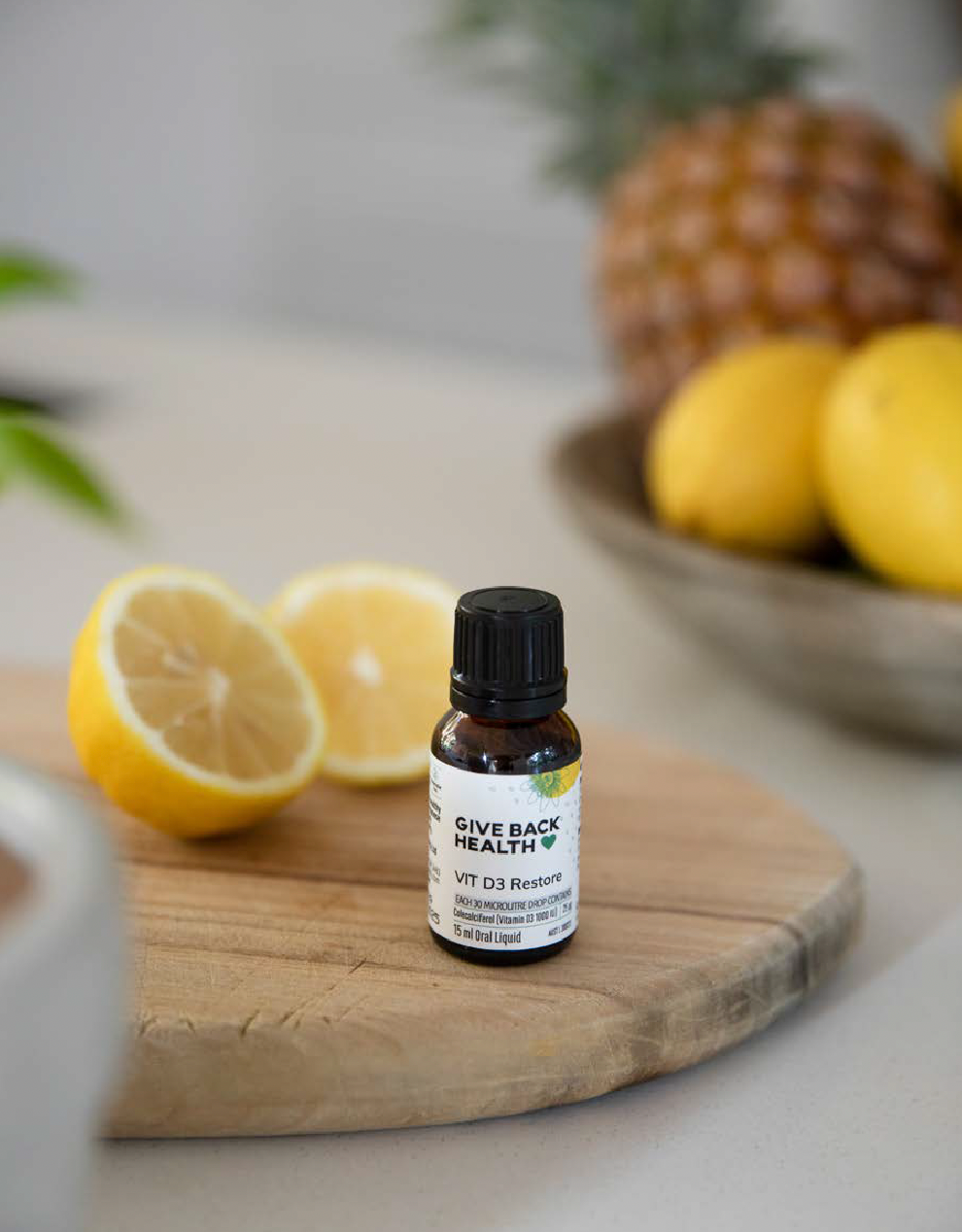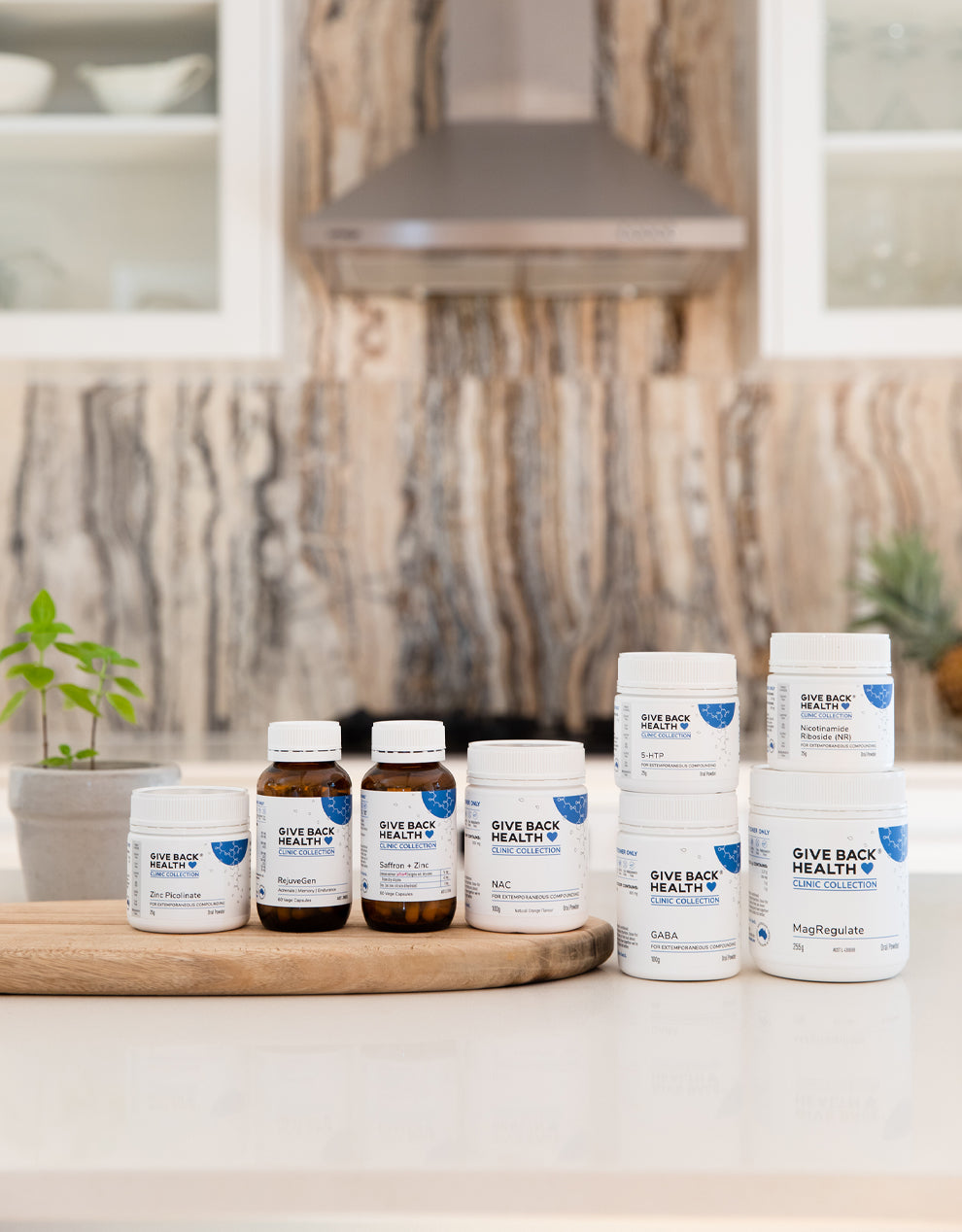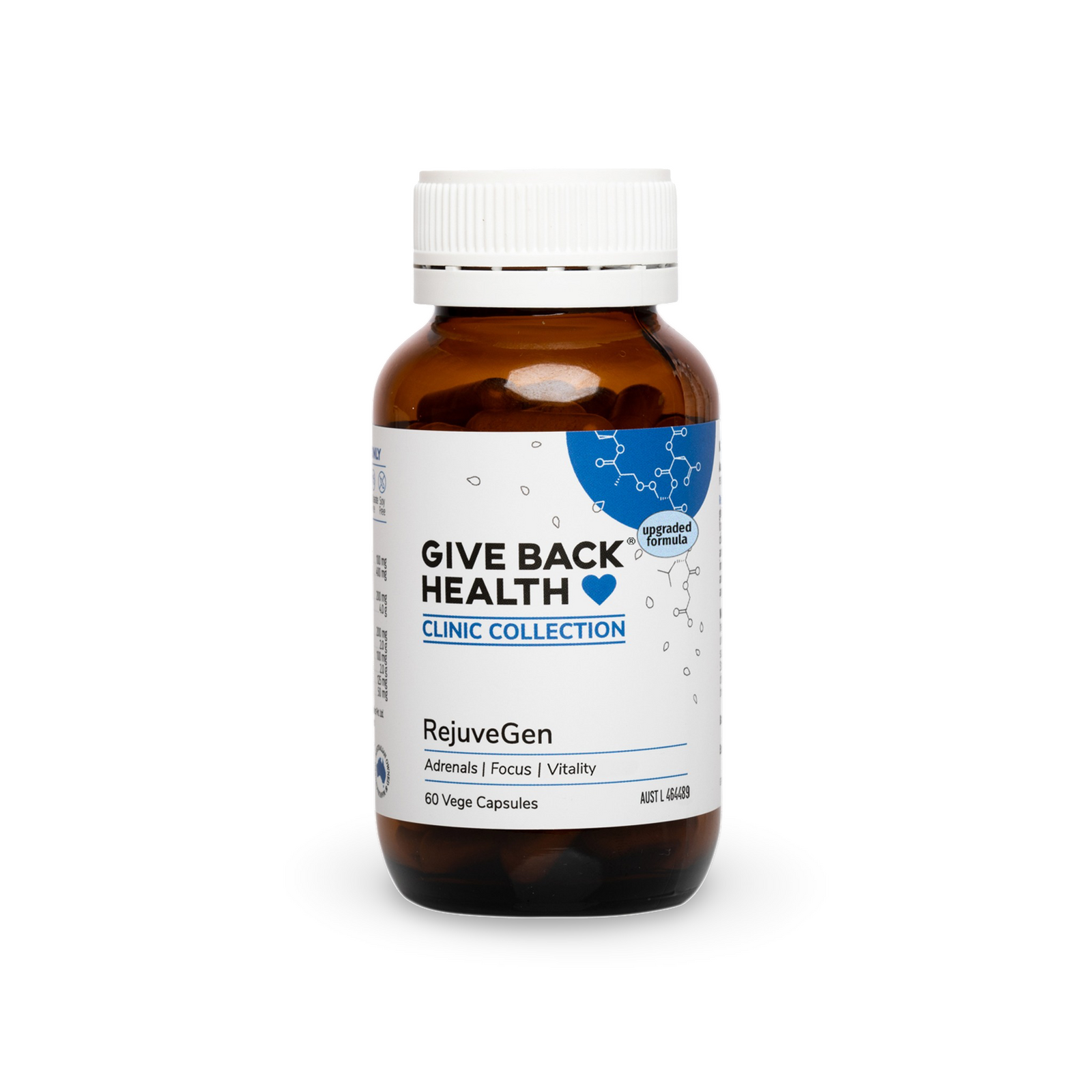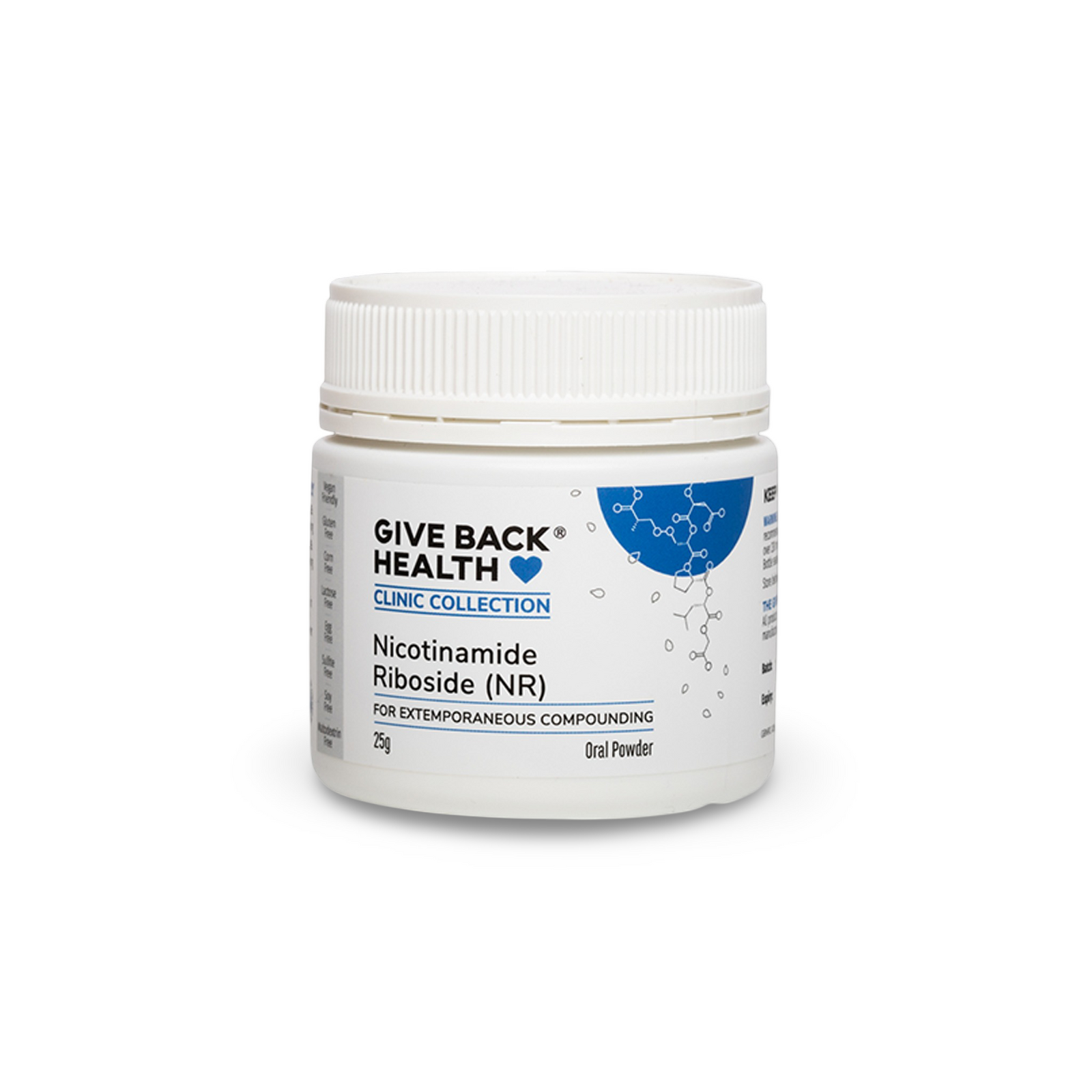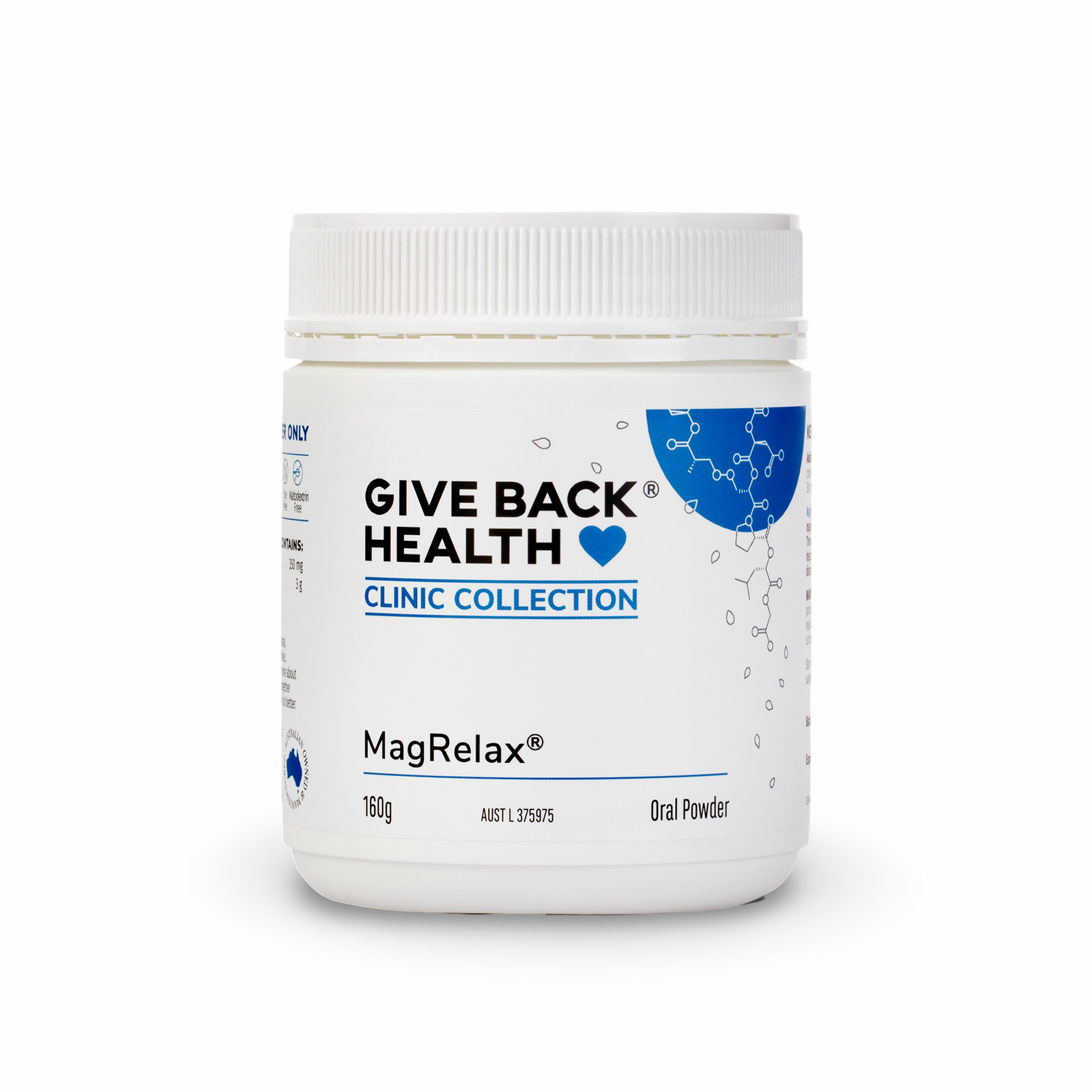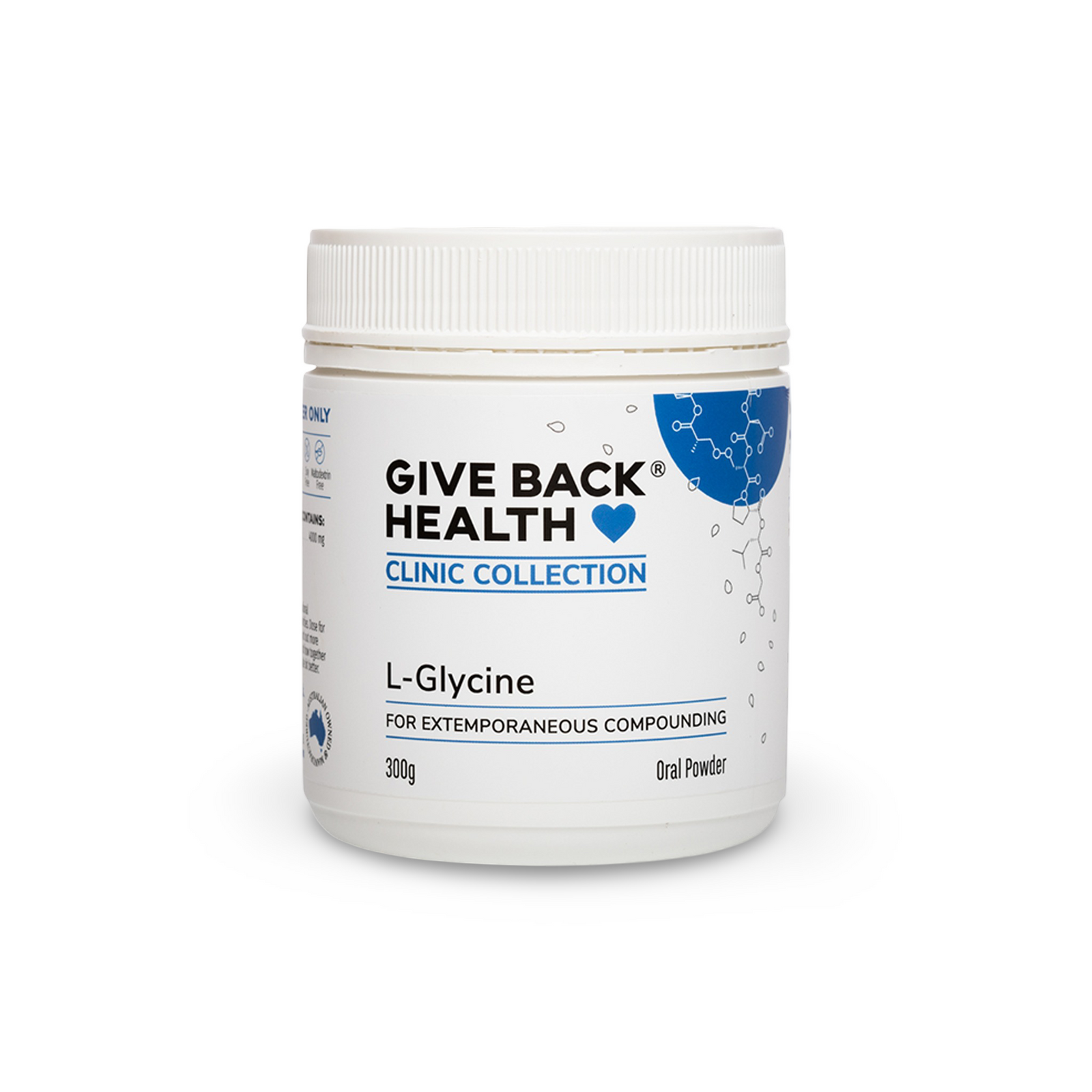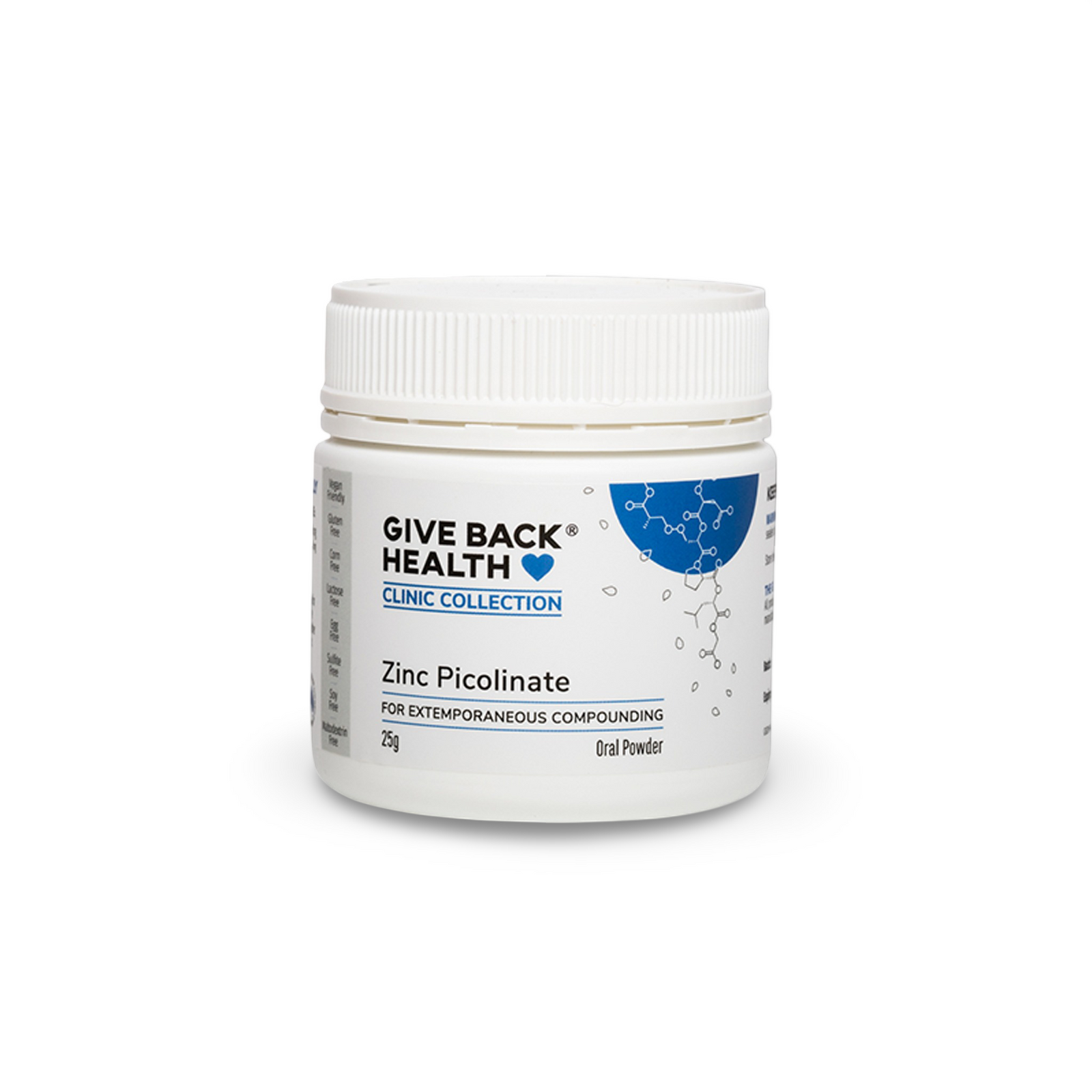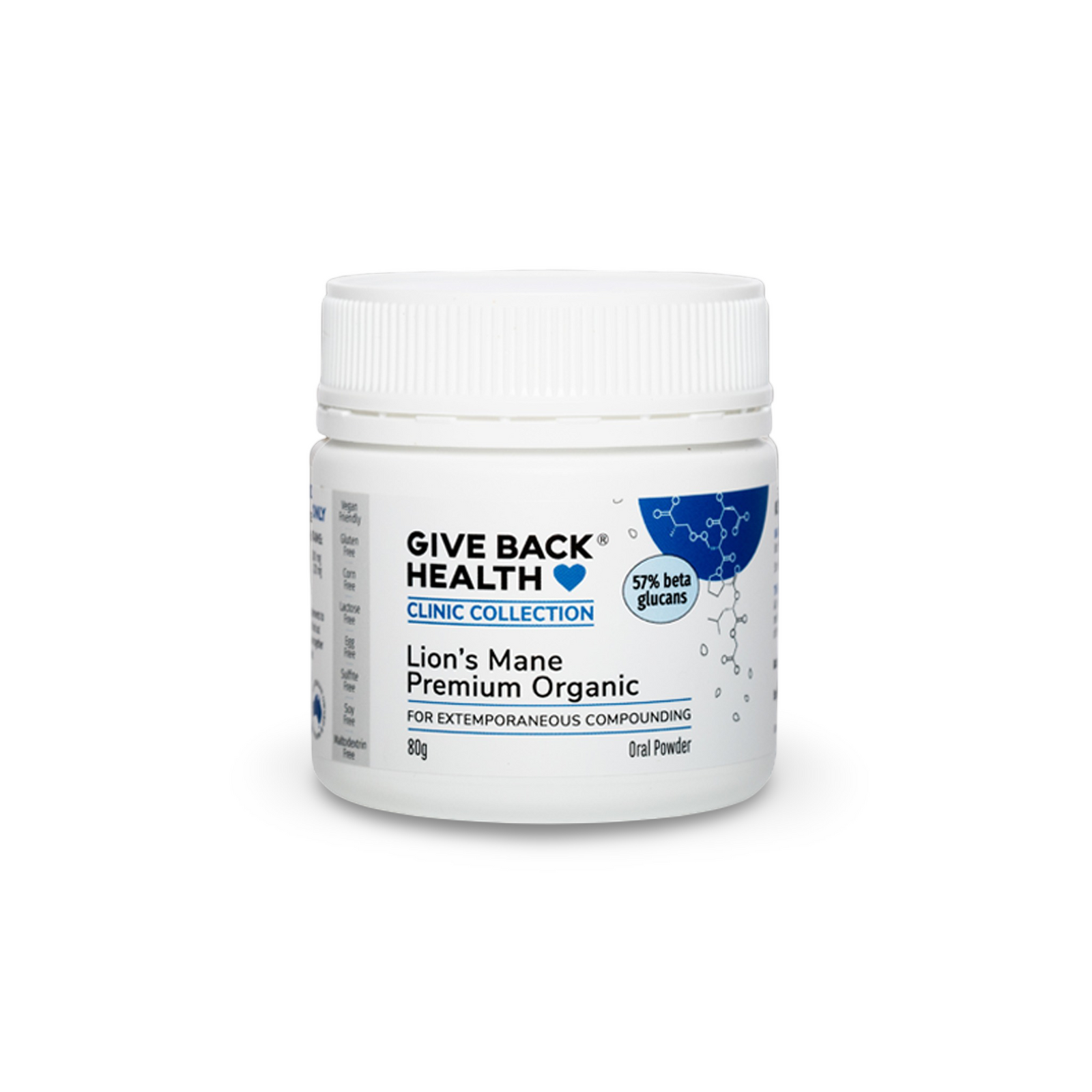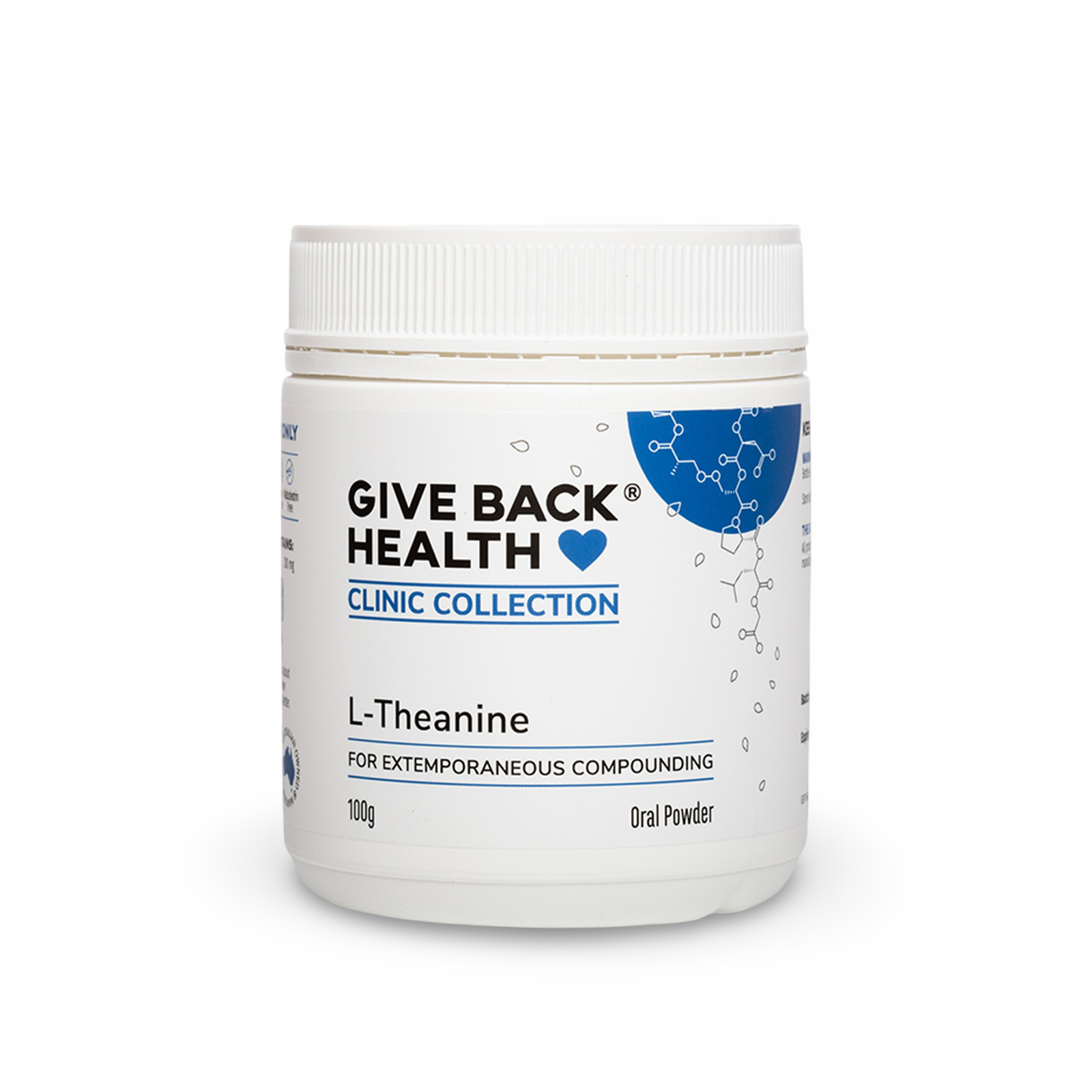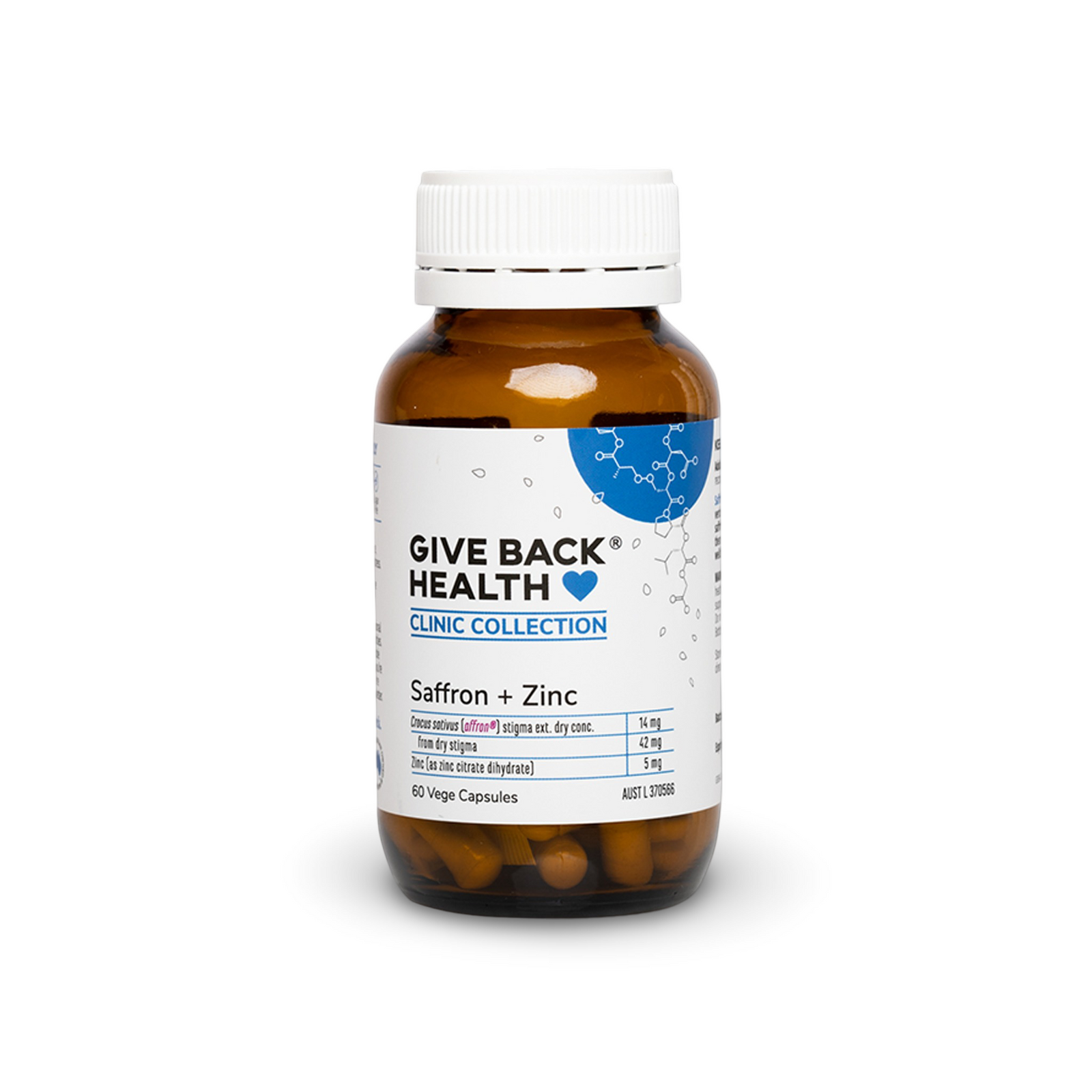When selecting a melatonin product, key factors include ingredient form, clinical dosing, purity, excipient profile and manufacturing standards. This product has been specifically developed for practitioner use and compounding, with:
- High-quality, verified raw materials with full traceability.
- Manufacturing in a TGA-licensed GMP facility in Australia.
- Rigorous third-party testing to ensure potency, purity and absence of contaminants.
Many practitioners and patients are unaware that most melatonin in the marketplace is either synthetic (most common and derived from petrochemicals) or extracted from the pineal glands of animals. Give Back Health Clinic Collection Sleepatonin® provides an all-natural alternative that contains a proprietory blend made from rice, alfalfa and chlorella. This phyto-melatonin is bio-identical to melatonin, as demonstrated in all third part testing.
Additionally, we have shared education around physiological dosing and although our Sleepatonin® appears to only be a small container, it actually contains 300 doses of the physiological dosing. See blog for the full post and further info.

